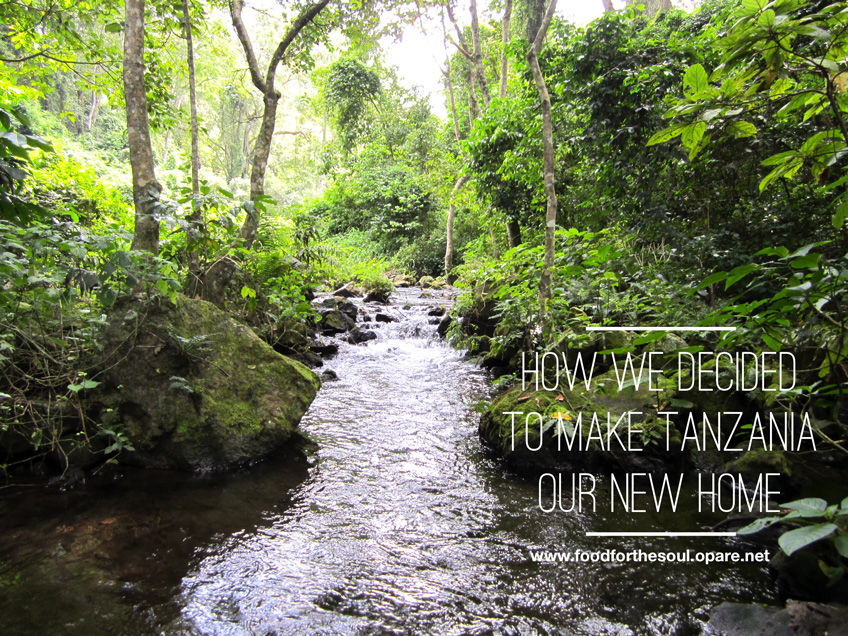I’m working on a handbook for how to repatriate or return home to Mother Afrika based on our experience. But in light of the current climate in the US I’m going to share some thoughts about how we decided that Tanzania would support our lifestyle and was the place we wanted to call home.
The first step is of course to make the decision to leave your current home behind and move across the world to another continent. This is no easy decision to make. You’ll likely be leaving friends and family behind who don’t understand and don’t agree with your choice. You’ll be making a significant lifestyle change.
If after your careful consideration you are still ready to make the move the real work starts.
Our journey was a four-part process that is still underway
Part 1: Deciding where the right place for us is
Part 2: Wrapping up our life in the US
Part 3: Planning for our new life on the continent
Part 4: Settling into our new home
Today I’ll talk about the very important part of deciding WHERE you want to settle.
Afrika is a BIG continent with great diversity of climates, cultures and living conditions. It’s worth taking plenty of time to pinpoint what will work best for you. It’s not a decision to make hastily. Given our commitment to a healthy vegan lifestyle we wanted to make sure the environment would support our plant-based life.
Many people think about Ghana, Nigeria and other west Afrikan countries when they think about moving to the continent. For Afrikans who are in the Americas our roots are in this area due to enslavement. This is a strong pull. Particularly if you know what region your people come from. Or if you have spiritual connections to a Priest/ess or Godfather/mother there.
For others though, they don’t really know where their roots are. Fortunately, even without having a known connection to a particular area you can find a place that feels like home. East Afrika is worthy of consideration too. It’s in the heart of the Great Rift Valley. It’s where humanity began. So even without knowing where our roots really are, our roots are here.
Consider your lifestyle and what type of environment you need to live that lifestyle
For us, we love the outdoors and hiking, biking, and watching the birds. We aren’t into the nightlife scene nor do we need the big city scene. Because of our vegan diet we put a high premium on plenty of fresh fruits and vegetables and clean water. We prefer a climate that supports year-round gardening and is conducive to growing a wide range of things. This means fertile soil, ample rain and warm but not overly hot temperatures. We were also looking for stability in the government and a peaceful and friendly vibe. We want a more rural life with easy access to a reasonable size town. As English speakers we knew we would get along better if English was spoken by a good portion of locals. It would also make learning the language there easier.
What would be your ideal environment?
Are you looking to replicate your “western” lifestyle or would you prefer to live like the locals? How do you feel about europeans in the area you’ll be living in?
What is your financial situation? How do you plan to support yourself? What are your goals for your life on the continent? What are your skills and training? Where would they be valued?
Do some research on which areas meet your needs. What is the level of infrastructure development? Will you have access to clean water? How reliable is the electricity? Is there internet? Is what you’ll need to live the life you want available?
Consider the stability of the government.What is the political climate like? What is the religious makeup and how will they feel about your religious background?
With this information you should be able to come up with two or three areas that you’re interested in. Remember that most countries are large with varying city types and climate areas. Accra is very different from Kumasi or Cape Coast. Dar es Salaam and Arusha are worlds apart even though they are both in Tanzania.
We tapped into our network of friends to ask for recommendations of where to go. We asked about who we should talk to to learn more. That coupled with research into different areas led us to choose Ghana and Tanzania as possible locations. We then went about planning an exploratory visit.
Who do you know? Who can you talk to about their experiences in various areas. What did they like? What did they find problematic?
Plan a visit to your possibilities
Now that you have a short list of possible places to call home it’s time to go check them out. Don’t rely on other people’s opinions alone. You need to see for yourself. This first hand knowledge will go a long way to helping you in the planning for your new life stage of the process. You’ll have a better idea about, for example, how easy or hard it will be to get what you need once you get there. You’ll be able to get some idea of where you can live and how much it may cost.
We planned our three week trip to visit a variety of areas in Ghana and Tanzania.
A very important part of our planning involved making connections with repats in the areas we were visiting. We went back to our network and asked for who they know in these areas. We got connected to great folks who live in almost everywhere we wanted to visit. We were able to talk to most of them before our trip and got great suggestions of where to stay and offers of support once we arrived.
Having on the ground connections made our travels much more meaningful. It made a huge difference in our experience. In almost every place we went there was someone there to welcome us. Someone who had made the repatriation journey already. They helped us find accommodations and learn how to navigate the local culture. They hooked us up with the best place to exchange currency and where to find vegan food. The welcomed us into their homes and lives. They introduced us to locals as well as other repatriates who were making Africa their home. Not only did we make good friends we got a more realistic idea about what our life in each area might be like. These connections continue to be important to us to this day.
The one place we didn’t know anyone was Dar es Salaam, Tanzania. We were definitely living the tourist life there. The big city life wasn’t our preference anyway but we did not really get a good feel for what living there might be like.
When we got to the Arusha area we both felt at home right away. The mountainous terrain made it lush and green. Unlike in Ghana where it seemed like cabbage, tomatoes, peppers, potatoes and onions were the vegetables available, Arusha offered a wide range of deliciousness. The markets were full of all kinds of delicious things. We found restaurants with vegan options. It is here that we first stayed with Pete and Charlotte O’Neal at United African Alliance Community Center. We were astounded by the beauty of the region. We got to know other visitors and locals too. It felt right. We had decided where we wanted to go. Now it was time to move on to the next phase: Wrapping up our life in the US.
Who’s in your network?
Who do you know that might have connections to someone on the continent? Or maybe they know someone who knows someone? Who do you know that’s been for a visit? Ask questions, get recommendations, listen to stories. Then get online and research some more. With this information on hand plan your exploratory trip to your top candidates.
This is just the beginning of many decisions you’ll have to make. Taking time at this stage can help set the stage for a successful transition to living in Afrika.
To connect with others who are planning to or who have already made the move check out the repatriation groups and discussions on Abibitumikasa and on Facebook and the African American in Africa site for stories of people who are traveling to and living in the Motherland.
Are you ready for your #blaxit? What locations are you considering and why?

I love great food don't you? No boring dishes allowed in my kitchen! I want to share my secrets with you.
- My favorite international spice and seasoning combinations
- The top 10 ingredients absolutely I must have in my kitchen
- How to use vegan substitutes for meat and dairy products
- And Much More!
Click the button to get your copy.


Fantastic article and website! Thanks SO much for the shoutout!
You are most welcome Kaylan! And thanks for your important work.